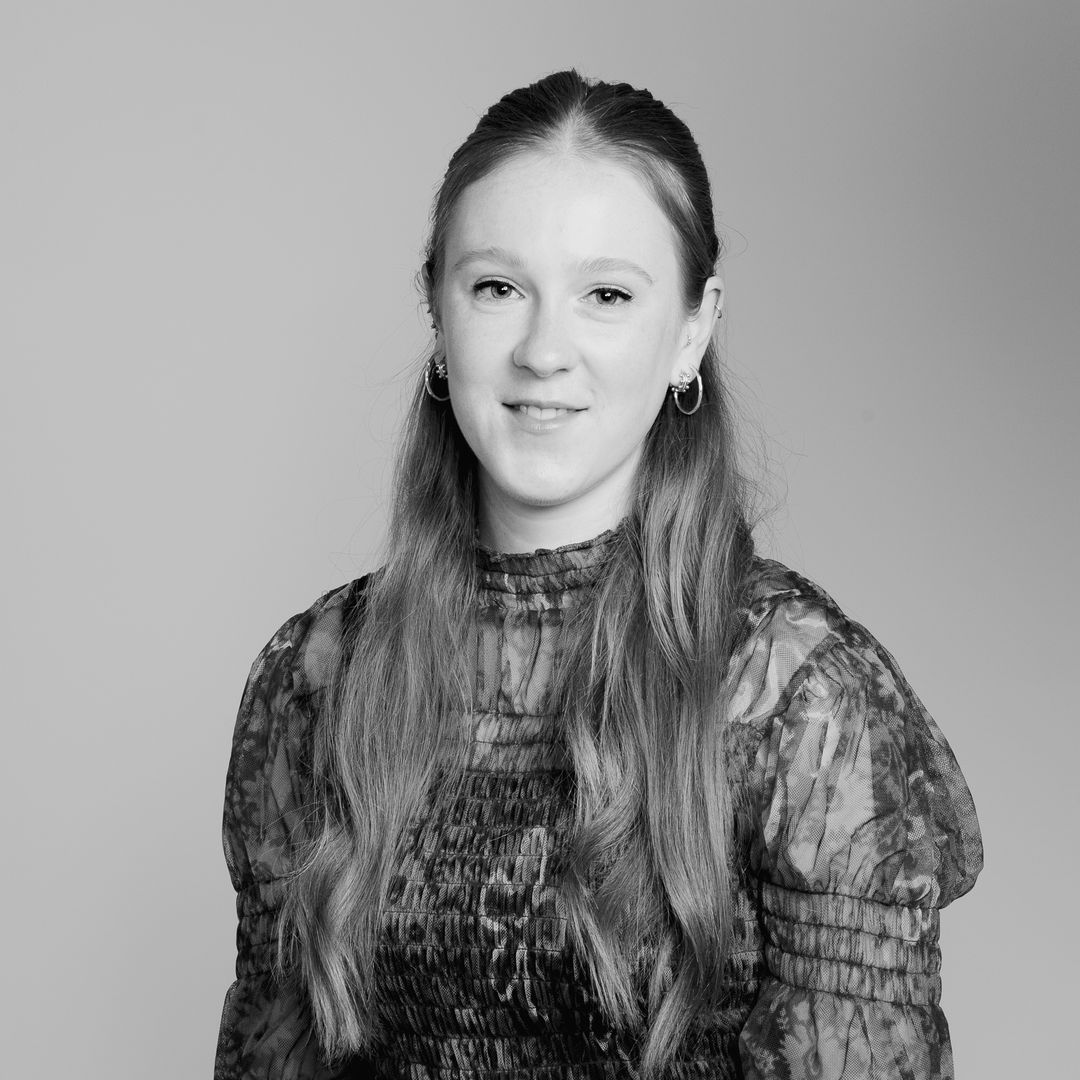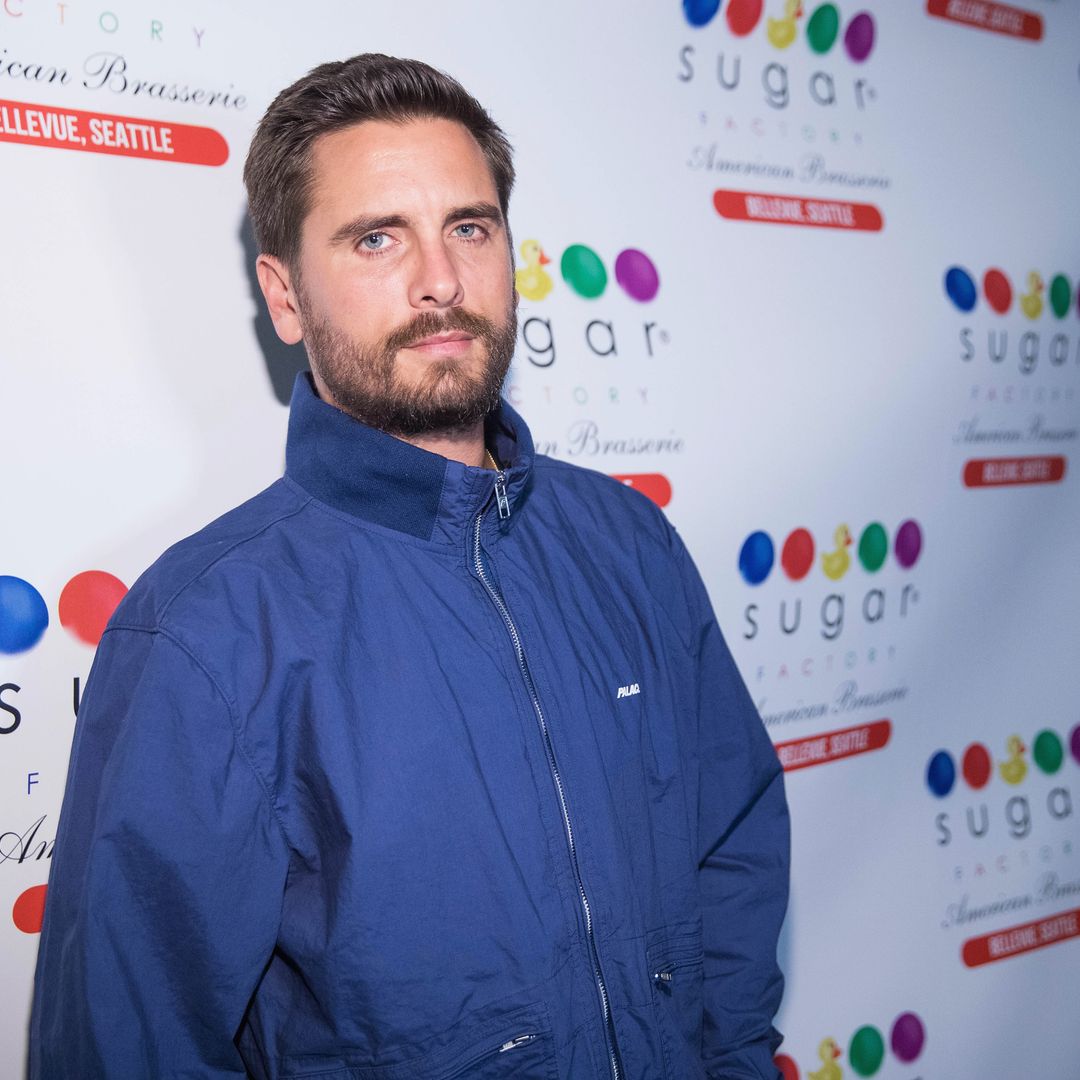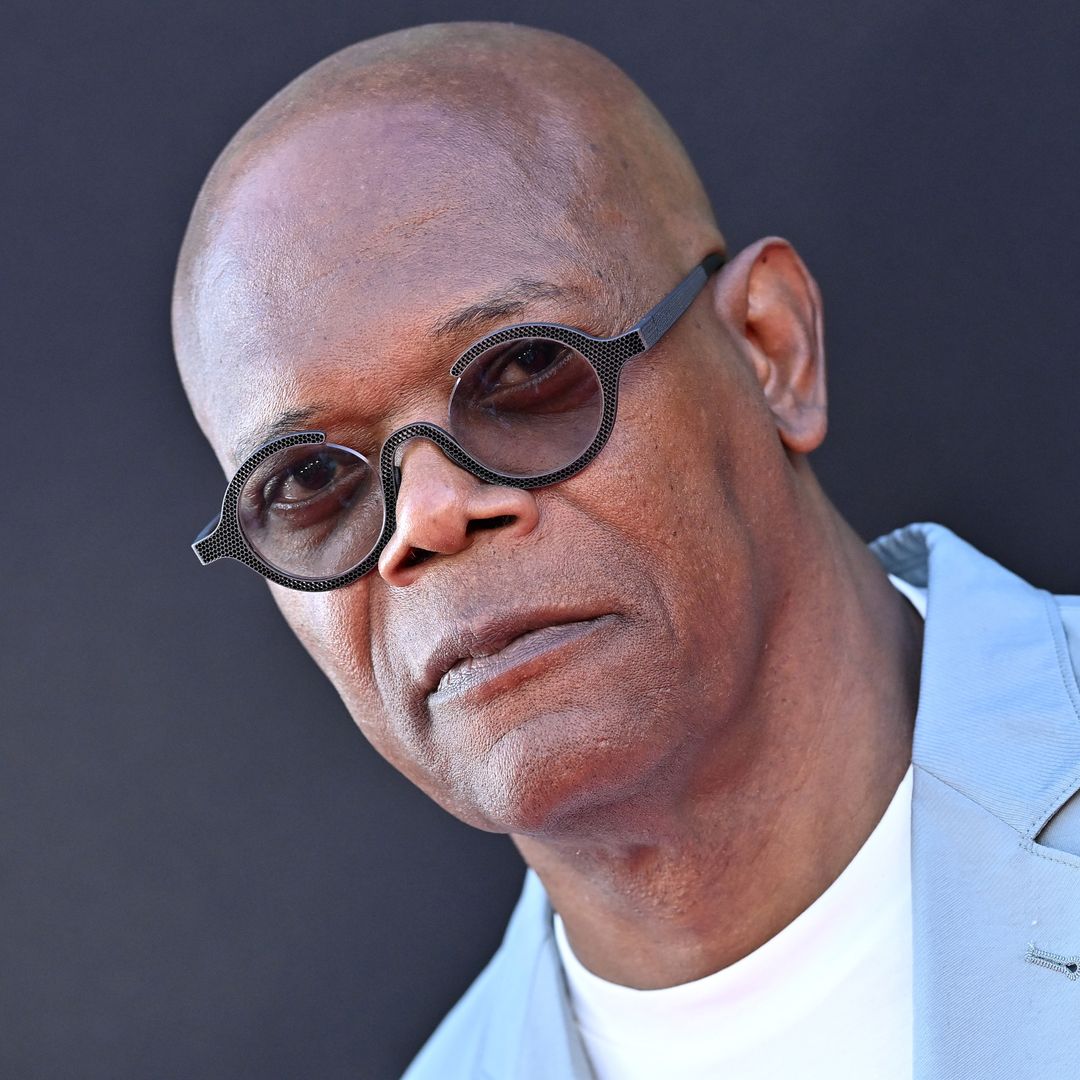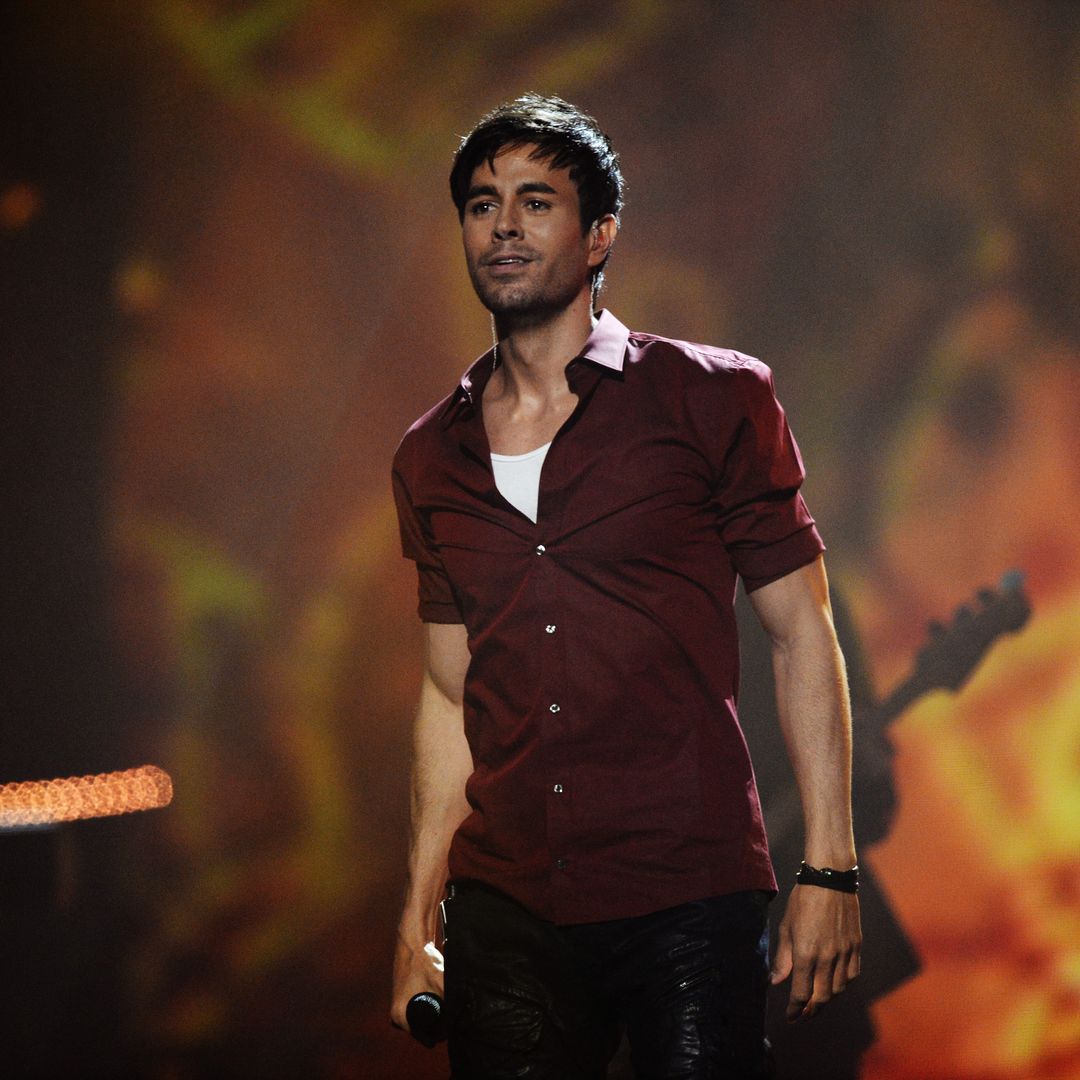Who is Simcha Jacobovici?
"My goal is to demystify the Bible in general and archeology in particular, to brush away the cobwebs and bust academic bubbles," says multilingual documentary filmmaker Simcha Jacobovici, whose work focuses largely on controversies in Jewish history.
Born on April 4, 1953, in the Israeli town of Petach Tikvah, Simcha is the son of Romanian-born Jewish parents Joseph and Ida, who moved to the Holy Land after surviving the Holocaust. In 1962, when Simcha was nine the family, including younger sister Sara, relocated to Canada after Joseph an engineer - was offered a work contract in Montreal.
Spending his formative years in Israel had a lasting impact on Simcha, who identifies passionately with his country of birth and always refers to himself as an Israeli-born Canadian. After completing Montreal"s McGill University with a degree in philosophy and politics in 1974, the new graduate responded to a sense of patriotic duty to his original homeland by volunteering for a year's military service in the Israeli Army. Returning to Canada Simcha embarked upon a Masters of Arts in international relations at the University of Toronto and had his sights set on a PhD.
His Career
He made the decision to swap academics for activism before finishing his thesis, however, becoming president of the North American Jewish youth organisation Network. Aiming to raise awareness about the oppression of Ethiopian Jews, in 1978 he wrote several articles about them which appeared in The New York Times. He'd planned to follow up with a film on the subject and, lacking the necessary knowledge himself, tried to find an established documentary-maker to join the project.
After failing to do so, he pitched the idea to the United Nations High Commissioner for Refugees himself and, in 1962, was thrilled to be granted funding.Teaming up with former National Film Board of Canada documentary-maker Peter Raymont, Simcha travelled the length and breadth of Ethiopia and the Sudan collecting material for what would become Falasha: Exile Of The Black Jews. Initially his role was that of interviewer and political expert, but the new movie maker enjoyed the filming process so much he became heavily involved in its direction.
"My analysis wasn't just verbal, it was visual," Simcha reflected. By the time he made his directorial debut the activist and documentary maker was moving in powerful circles, invited in 1979 to share the dais with Menachem Begin when the Israeli premier announced the historic peace accord with Egypt. The following year he was awarded the Knesset Medal for his religious work on North American campuses.
With his interest in documentary filmmaking and investigative journalism continuing to grow, in 1986 Simcha set up with business partner and co-producer Elliott Halpern - a production company called Associated Producers. From their base in Simcha's Toronto townhouse the duo went on to produce numerous documentaries, including the Middle East documentary Deadly Currents which earned the Toronto-based filmmaker a prestigious Canadian Genie award in 1992.
In 2007 he was back in the headlines with controversial documentary The Lost Tomb Of Jesus. A collaboration with Titanic director James Cameron, the film documents the excavation of a tomb under a Jerusalem apartment building which the director says once contained the bones of Jesus of Nazareth and his family..Simcha and his wife Nicole - with whom he tied the knot in December 1991 - have five children and live just outside Toronto in a 3,700-square-foot Thornhill home.









